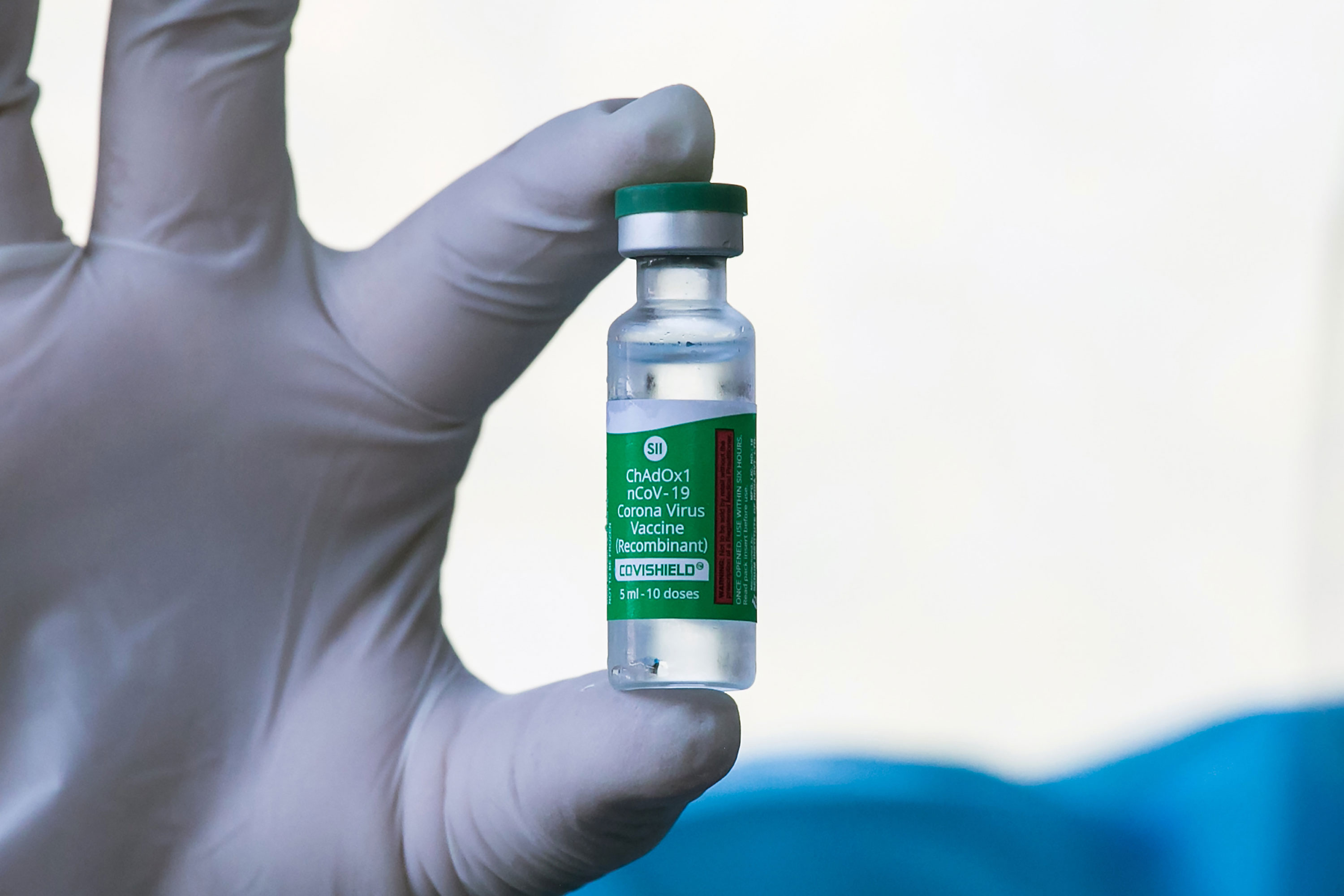

Recommendations from the World Health Organization for the use of Oxford / AstraZeneca
The Covid-19 vaccine, AZD1222, includes all people over the age of 18, including older adults.
In a briefing on Wednesday, Dr Joachim Hombach, Executive Secretary of the WHO Group of Strategic Advisors (SAGE) on Immunization, said:
The immune response in people over 65 is almost the same as in younger people, and that gives us a lot of confidence. “
The new recommendations were released Wednesday and point out that there are some populations for whom data is limited or non-existent, including children, pregnant women, nursing women and other groups. “Until these data are available, vaccination of people under the age of 18 is not recommended,” the guide says.
“The available data on AZD1222 vaccination in pregnant women are insufficient to assess the efficacy of the vaccine or the risks associated with the vaccine during pregnancy. However, it should be noted that AZD1222 is a vaccine. that doesn’t replicate, ”he says. He added that “the WHO does not recommend pregnancy tests before vaccination. The WHO does not recommend delaying pregnancy due to vaccination.”
In the case of breastfeeding women, the guide says that “a vaccine should be offered to a nursing woman who is part of a group recommended for vaccination, for example, to health workers.” He also said he does not recommend stopping breastfeeding after vaccination
In the same briefing, the WHO also recommended the Oxford / AstraZeneca vaccine in countries where coronavirus variants are circulating.
The group of expert advisers examined two aspects of the circulation of variants in relation to the AstraZeneca vaccine, Dr Alejandro Cravioto, chair of the WHO Group of Expert Strategic Advisors (SAGE) on immunization, Cravioto explained.
In the UK, Cravioto said the preliminary analysis showed slightly reduced effectiveness against the variant first seen. The analysis also showed a limited reduction in neutralization titers, which means that the vaccine still has a good effect in protecting people infected with this variant.
In South Africa, Cravioto said the preliminary analysis showed “a marked reduction” in the effectiveness of the vaccine against mild to moderate disease in a variant that was first detected there. The analysis also showed a reduction in neutralizing antibody levels. However, he said the study was small and did not allow the vaccine against a serious infection to be evaluated. He noted that there is indirect evidence that protection against serious diseases still exists.
Given all these factors, we have recommended that, even if the possibility of this vaccine having a full impact on its ability to protect, especially against serious diseases, is reduced, there is no reason not to recommend its use. ‘use, even in countries that have the circulation of the variant,’ Cravioto said.